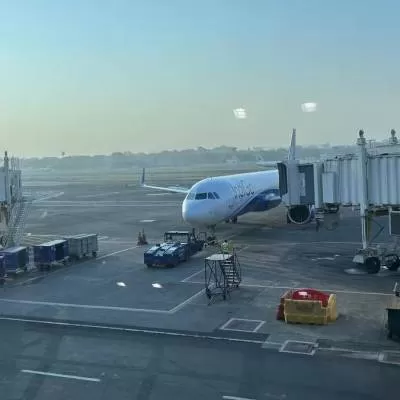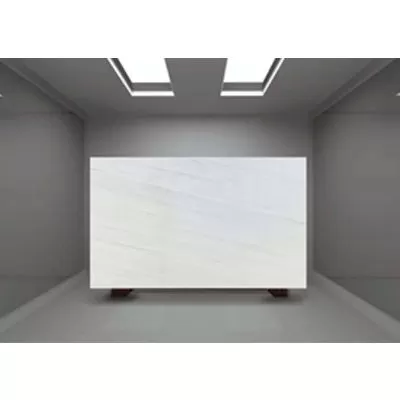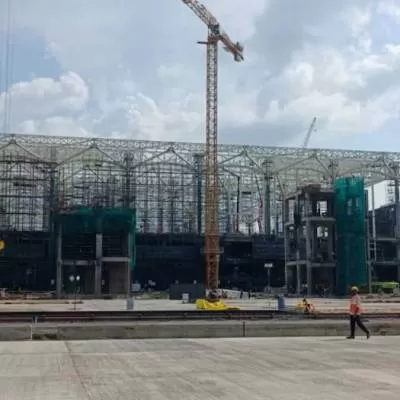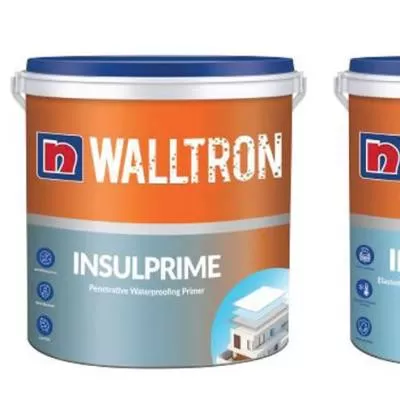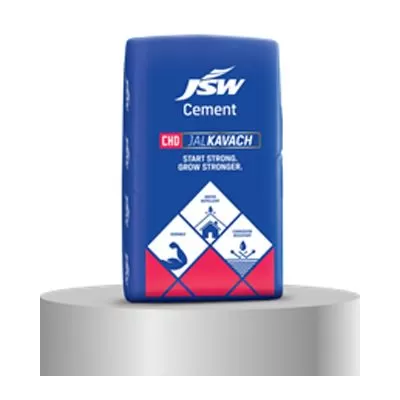Tags :
Refrigeration
AC Manufacturers
Coronavirus
AC
equipment
COVID-19
AC equipment
air-conditioned
centrally air-conditioned
Air-Conditioning
ISHRAE
RAMA
residential
commercial spaces
AC makers
humidity
COVID
boost immunity
resist
Central Public Works Department
Military Engineering Service
Public Works Department
guidelines
Indian Railways
Vishal Kapur
Hitachi Air Conditioning India
Johnson Controls
Blue Star
Senthil Thangam
infection
HVAC plants
AC system
masks
hygi




